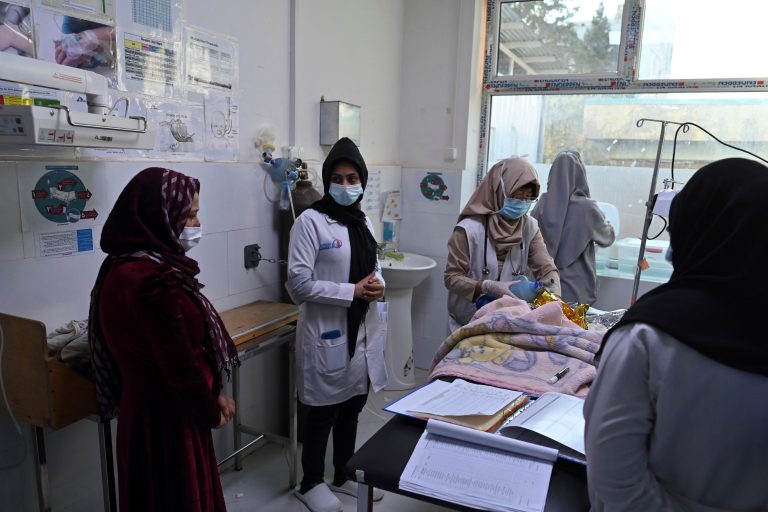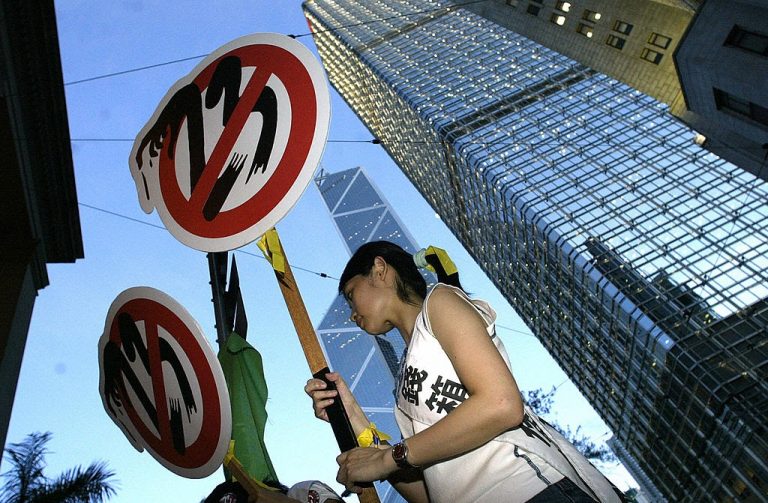Canada is in the process of altering its criminal code to address provisions that are blocking Canadian humanitarian aid from reaching Afghanistan, however, Doctors Without Borders has released a statement saying that the changes are inadequate and place undue risk on aid workers.
In a statement, published on March 9, Jason Nickerson, Humanitarian Representative to Canada, Doctors Without Borders/Médecins Sans Frontières (MSF) said, “The idea that someone could be charged with a crime for providing medical care to a patient in a hospital in a conflict is ridiculous and out-of-step with international humanitarian law that explicitly prohibits punishing a person for upholding medical ethics.”
“The amendments proposed by the Government of Canada are incompatible with the level of flexibility and urgency required for delivering an emergency humanitarian response,” Nickerson added.
The legislation, introduced on March 9, is intended to allow aid workers to apply for an exemption that lasts five years, in order to help people in crisis “in a geographical area that is controlled by a terrorist group,” Canada’s National Post reported.
MSF responded saying that although Canada has finally acknowledged that Canadian laws can “inadvertently criminalize impartial humanitarian workers, these amendments unfortunately create new bureaucratic hurdles for organizations to overcome.”
Success
You are now signed up for our newsletter
Success
Check your email to complete sign up
“These amendments also contradict the fundamental principles of independence and impartiality of humanitarian assistance under international humanitarian law,” said MSF, adding that, “Upholding these principles is essential to delivering assistance quickly and safeguarding humanitarian workers and organizations who are increasingly targeted by violence during armed conflicts.”
READ MORE:
- Taliban Ban on Female Staff Forces International Aid Groups to Cease Operations in Afghanistan
- The CCP meddled in Canada’s 2021 Federal Election to Support Trudeau, Says Spy Agency
- Canada Falls From List of Top 10 Freest Countries
Contributing to a terror group
Canada’s existing laws are intended to prevent funding of terrorist groups, like the Taliban in Afghanistan, which includes paying taxes to the terrorist organization. Meaning, even highway-usage fees and airport landing fees, because the funds are funneled directly to the Taliban, fall under the legislation.
Since the fall of Kabul in August 2021, Canada and its allies have moved to amend national laws and issue exemptions for aid workers in Afghanistan, however the changes appear to be coming too slowly.
In a statement, foreign affairs critic Heather McPherson said, “While the legislation comes 18 months too late, New Democrats will take a close look at this bill and work to ensure that Canadian organizations will have the tools they need to finally restart their life-saving work in Afghanistan.”
The current legislation has forced World Vision Canada to seize fundraising efforts in Afghanistan and the aid sector as a whole has said that “it’s been excruciating to not be part of the response to widespread malnutrition, an irregularly cold winter and daughters being sold to help families afford basic goods,” the National Post reported.
The new legislation, Bill C-41, would allow for “providing or supporting the provision of humanitarian assistance,” including health care and education, but according to MSF comes up short.
Nickerson said that his organization does not support the changes and encouraged Canadian lawmakers to enact a “full humanitarian exemption, as recommended by the Canadian Parliament’s Special Committee on Afghanistan, to ensure that humanitarian assistance to people affected by conflict is not held back by any laws intended to criminalize terrorism-related offences.”
“The Canadian government should not be in the business of putting up barriers or criminalizing medical staff who are delivering babies, vaccinating people in refugee camps against measles, and saving lives under the most challenging of circumstances in the world’s most complex humanitarian emergencies,” Nickerson said.

















